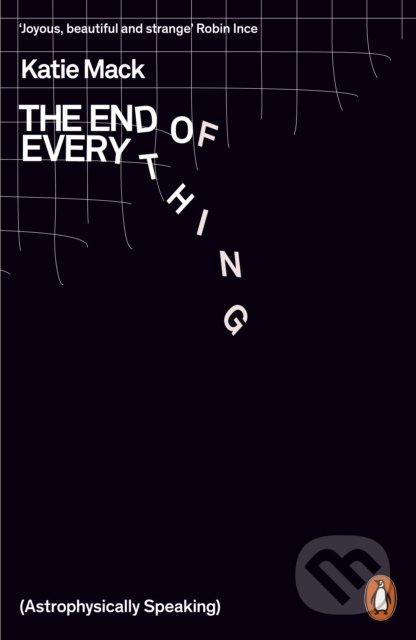

If the expansion of the universe were reversed, the cosmos would undergo a big crunch, the first death Mack explores in the book.

It is a journey based on hypotheses and questions, but also on the important discoveries that have been made in recent decades: in 1998, for example, we learned that the universe is expanding at an accelerated rate we also now know that in 4 billion years’ time the Andromeda galaxy will collide with the Milky Way, creating a single galaxy out of the two and, in large part, astrophysicists can better pinpoint a possible end to the cosmos because, thanks to microwave frequency maps of the firmament, they have more and more information about how the big bang occurred and how the universe evolved thereafter. Katie Mack, a young astrophysicist who is very committed to spreading knowledge of the cosmos, has published a beautiful essay that reviews the history of the universe and explores five of its possible endings. We can say quite accurately that the universe is 13.8 billion years old and that, yes, it did begin with the big bang, and we can also be quite sure that one day it will die. Now, as much as this image of infinite immensity is very suggestive and fits in with popular thinking, today we know it is not true.

There, he describes the firmament and tells him: “Above the moon, all is eternal”. Publius Cornelius Scipio Scipio Africanus takes his grandson to contemplate the stars from a kind of celestial viewpoint in the Milky Way, in a dream. We can read one of the most beautiful literary descriptions of the universe in the final pages of Cicero’s The Republic. El fin de todo (astrofísicamente hablando) Katie Mack Spanish translation by Joan Lluís Riera.


 0 kommentar(er)
0 kommentar(er)
